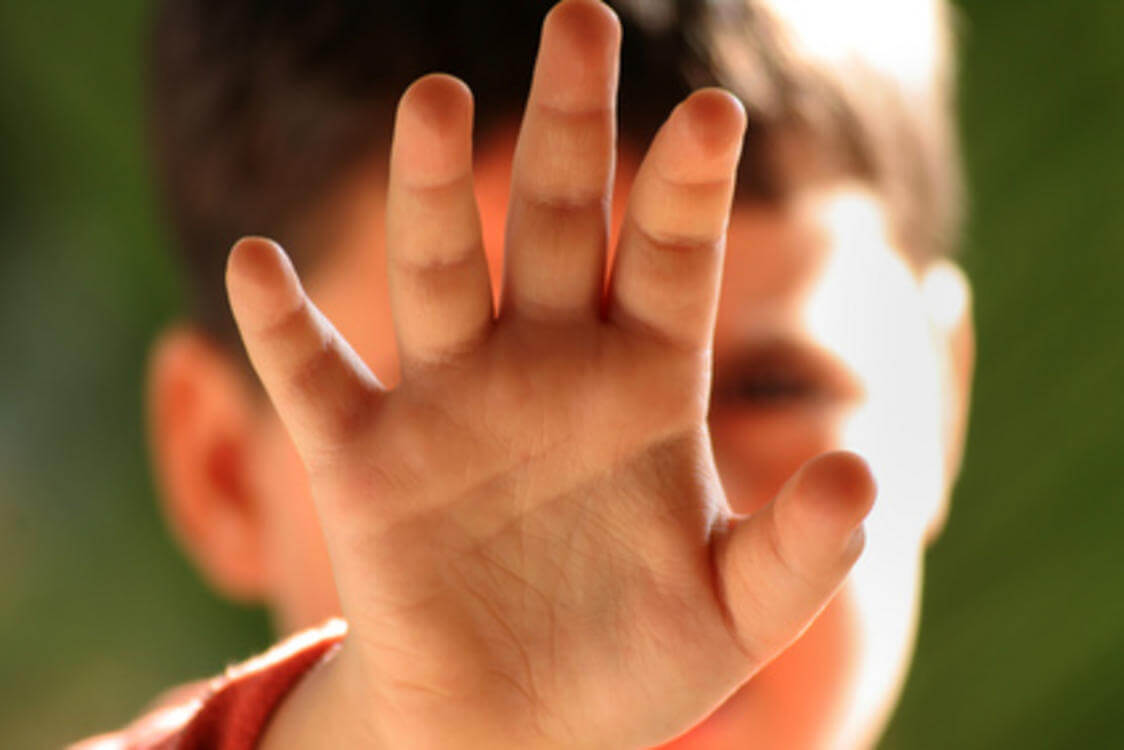Parenthood drives you to be cautious about every step your child takes. Your worries are never-ending and you have a strict guard on everything they do right from what they eat to whom they play with. However, there is a possibility of you missing out on these slick deceptive enemies called germs. As we know, germs are these tiny microscopic species that hide in several places waiting to infest a series of infections in you. Does your kid get sick more than often? If yes, then maybe your kid is getting friendly with germs.
Before we go any further let’s look closely into what germs really are. Germs are disease-causing microorganisms that cause infections and illness. When the pathogens get in to our bodies, they produce toxins that cause infection and/or inflammation leading to symptoms such as fevers, sniffles, rashes, coughing, vomiting, and diarrhea. If left untreated, serious, fatal illness such as Meningitis, Measles, Influenza and much more can result in some cases. Once germs infect our bodies, they get comfortable and stay for as long as possible. They zap your body of nutrients and energy and can produce toxins, which are similar to poisons. Since, kids have a less developed immune system as compared to adults they are most likely to fall prone to these disease.
Even though germs cannot be totally wiped-out as a parent there are plenty of things you can do to help prevent your kids (and others) from spreading and getting in contact with germs.
Cleanliness Begins At Home
Hygiene and cleanliness is the key to fighting and preventing the spreading of germs. Staying healthy is a habit that should be reinforced first at home. As a parent, you can help prevent the spread of germs by attentively cleaning table, countertops, and frequent touched surfaces like doorknobs and light switches. Pay attention to areas that your child is most likely to touch and sanitize items such as play toys, backpacks and meal packs, and do not forget keyboards and touch screens.
Educate Your Kids On Germy Zones
Many a times you may not be around your kids but germs definitely are. Kids may consider germs to be bugs or cooties or other gross stuff. But it is important for them to know what germs really are and how they can prevent themselves from getting in contact with them. Germy Zones like playgrounds, classrooms and public toilets are major breeding point and where kids are mostly likely to get infected. Having a session to educate them about germs makes you win half the battle.
Adopt and Inculcate Hygienic Habits
Remember, kids do what they see. It is important to inculcate hygienic habits not just in your kids but the entire family. Make sure that hands are washed after touching the pets or using the bathroom. In fact, make sure that hands are washed in the right way at the right time. Make sure, that cleanliness is maintained at all times by all which includes you as well.
A Soap Isn’t Enough
According to a review on Clinical Infectious Diseases, people who washed their hands with soap containing the chemical triclosan didn’t have lower levels of bacteria on their skin or even a reduced likelihood of catching infections such as stomach flu or upper-respiratory illnesses. The study also suggested that antimicrobial cleansers could lead to antibiotic resistance – however nothing is certain yet. But the bottom line is, If your family uses antibacterial soap, don’t let your kids get away with doing a rush job at the sink. They still need to scrub their hands for at least 20 to 30 seconds the length of time it takes to sing “Happy Birthday” twice — to get them clean.
Hand Them Hand-Sanitizers
Hand washing is the best way to defend germs, but on a field trip, public place, or other events, hand-washing is not always convenient/possible. Thus, sending him/her with an alcohol based hand sanitizer is a good alternative. To make it effective, your child should rub the product all over their hands and fingers until they are dry (about 30 seconds). In case of Children under age six, gel sanitizers should be carried under supervision. It is also recommended for parents to carry hand sanitizer and sanitize children’s hands when they pick them up from school or parties, especially during cold and flu season. Make sure that the sanitizer you use contains more than 60% of alcohol to be most effective.
Now that you know the measures you should take to fight germs go ahead, and make those germs form your kids’ friends to your kids’ foes.


